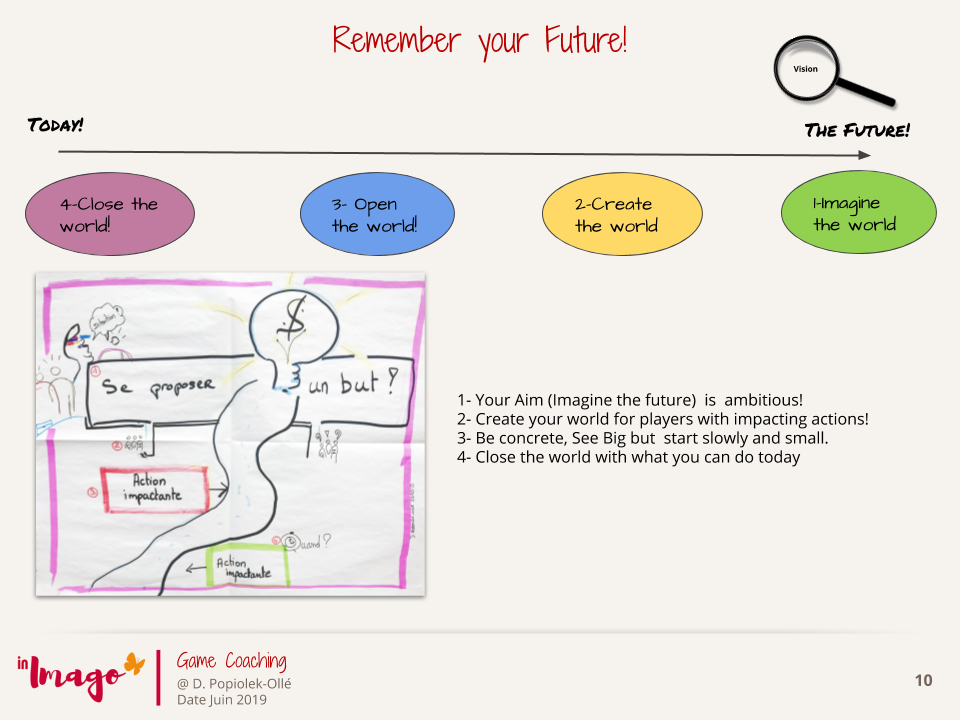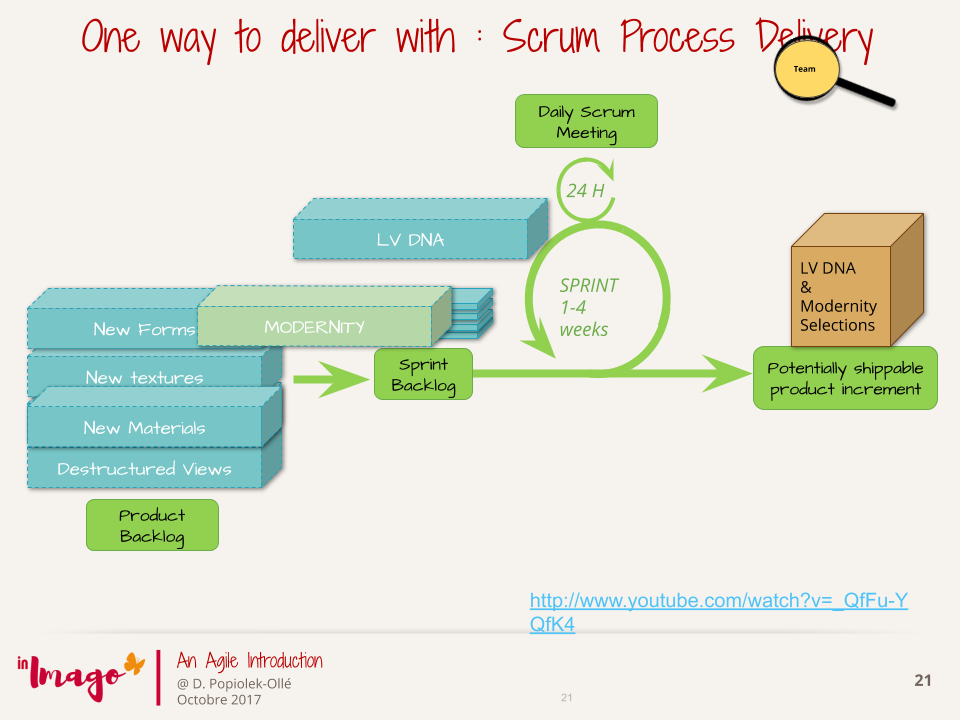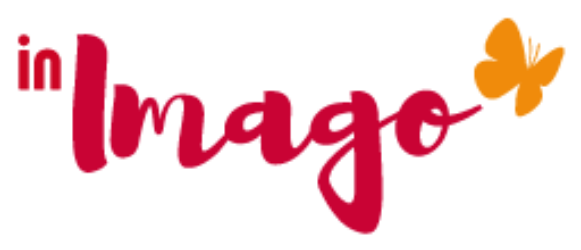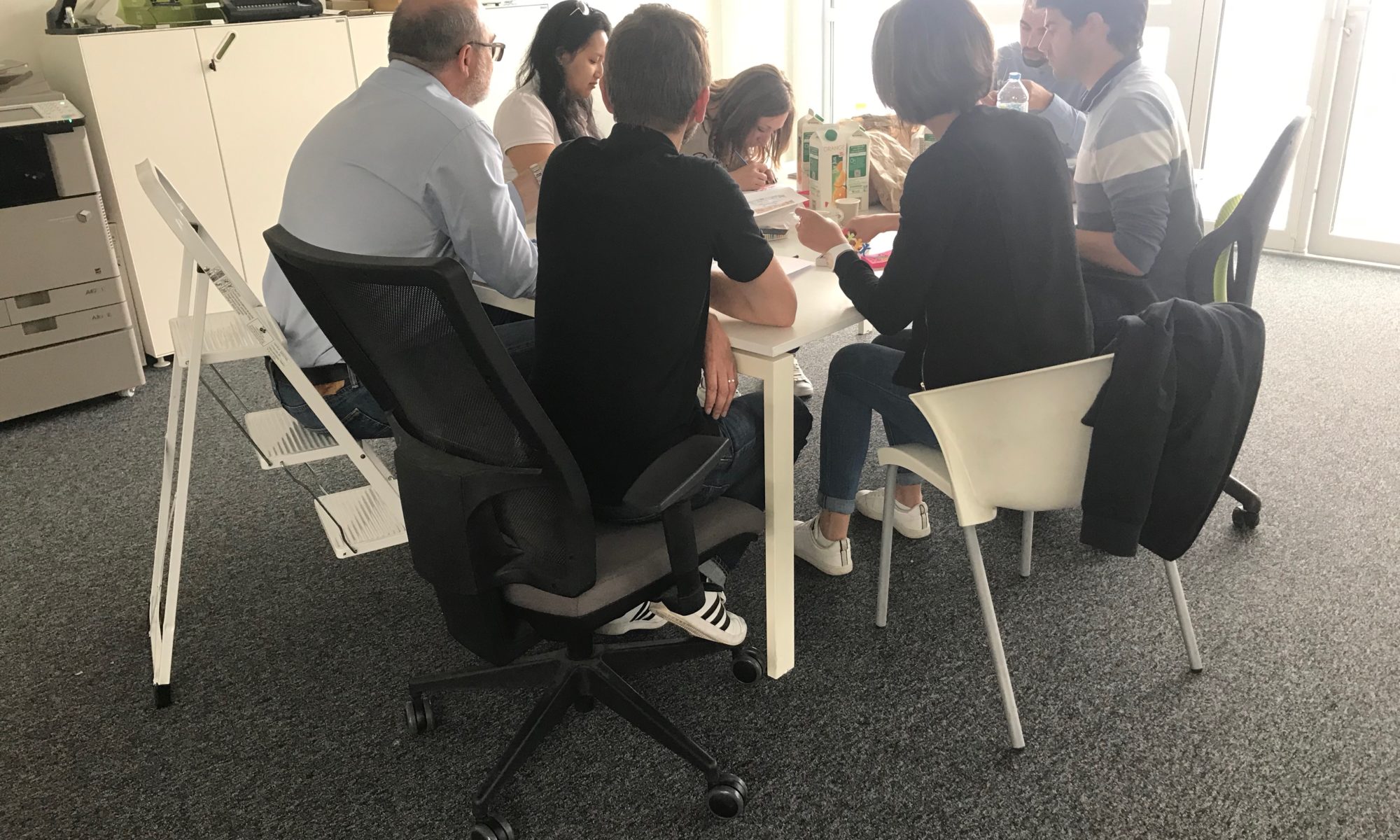First of all, the Anglosaxons make a difference between to Play and to Game. “The Game” introduces a concept of team, “rigid” rules and competition while the concept of “The play” is open to interpretation or current inspiration.
Therefore, game coaching will respect the rules of professional coaching such as open questions favoring the emergence of a constructive dialogue and will establish the rules of the game chosen in order to meet the objective of strategic management or to resolve a problem of team.
Game Coaching meets the following characteristics :
- bypass logic: a practical tool that goes beyond speech. Allows you to deal with important issues in an efficient and non-confrontational manner.
- Adapted to the context: individually, one-on-one or in a group, the game easily adapts to each audience, objective and method.
- Unexpected and precise: Game Coaching is visual, associative and helps clarify abstract ideas and get your messages across clearly.
- Effective Dialogue: Game Coaching encourages authentic conversations on complex issues to build new bridges.
Game Coaching in practice:
In my 21-day support process, to “build a new world” I use this approach inspired by the book Gamestorming, the references of which are cited below and which I strongly encourage you to read.
The difference compared to this book is that I always start my executive coaching and support teams at the end.

The principle is to start at the end and go back up the timeline. Ambition is the ultimate objective, for example being the internal digital reference of the company, then for each step, intentions, intermediate objectives will be set and will engage internal customers, partners in impactful actions, with a view to building step by step this new world.
For each step, a set of “games” allows the teams to define and set up the key players necessary for the implementation of the intention and to experience a new way of working, more agile and more collective.
As the new world takes shape, the teams validate the added value of their mode of operation and deconstruct their old habits.
Game coaching, Team Building and Ice breaker
- Game coaching is a set of collaborative practices aimed at achieving a result that can be acted upon by the team in the days that follow.
Game coaching differs from ice breaker by offering a set of “games” which by their addition will facilitate the emergence of SMART actions (specific, measurable, actionable, relevant within a determined time).
- The ice breaker allows you to increase the energy of a group or facilitate a meeting by breaking the ice.
In Game Coaching, the ice-breakers will be chosen and integrated into a coherent set of games to create a journey of experimentation.
Game Coaching and Serious Game
The serious game, or serious game, is a playful approach that facilitates learning. The serious game aims to transmit a skill, to share good practices by creating a game.
The serious game establishes the educational bases for experimenting in companies with use cases, documentation, playful learning tutorials …
Game Coaching and Serious Game have complementary objectives. Game Coaching aims to trigger action in a specific context and trigger moments of truth in the team. The Serious Game is a training tool that will allow teams to validate their learning.
Digital in Game Coaching
First of all, digital in game coaching allows you to place distance between the coach and the team while maintaining a link between the coached team and the coach.
Thus, the team takes charge of its project, the visual illustration of key information and the monitoring of impactful actions. The team is also getting used to setting up routines to identify blocking elements, setting up product ceremonies to promote their results and animate their cycle of continuous improvements.
These rituals can enter the semantic field of Scrum as presented in the diagram below.

Digital in game coaching is also a way to approach the subject in distributed teams, using digital resources to monitor the progress of teams in carrying out their project, setting up their ritual and keeping visual information from game coaching up to date instead of post-it notes and manual visuals created in person.
Thus, the material digitized becomes an important resource in the follow-up of the actions generated during a game coaching workshop.
Our reference tool in this area is i-obeya, for its usability in project management and its integration with Teams in the Microsoft suite.
Some teams will use Klaxoon or Draft.io to collect resources, but in my opinion, these tools do not offer the classic distributed team project management opportunity.
The reference books on Game Coaching are :
Gamestorming by Dave Gray, Sunni Brown and James Macanufo
Innovation Games by Luke Hohman, the most popular
In the second part of this article, discover Game Coaching: Art of questioning

